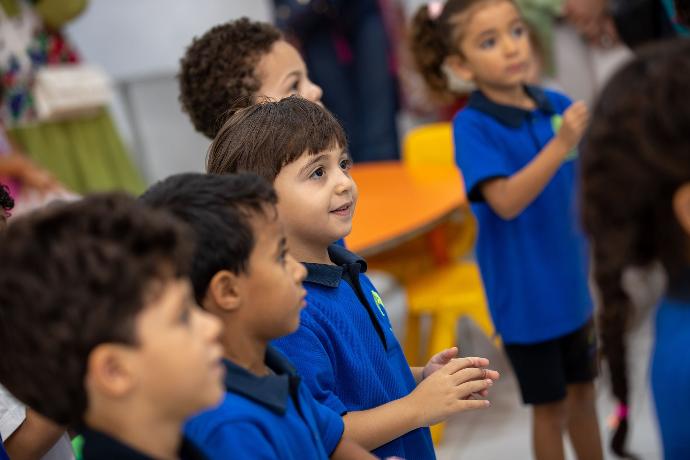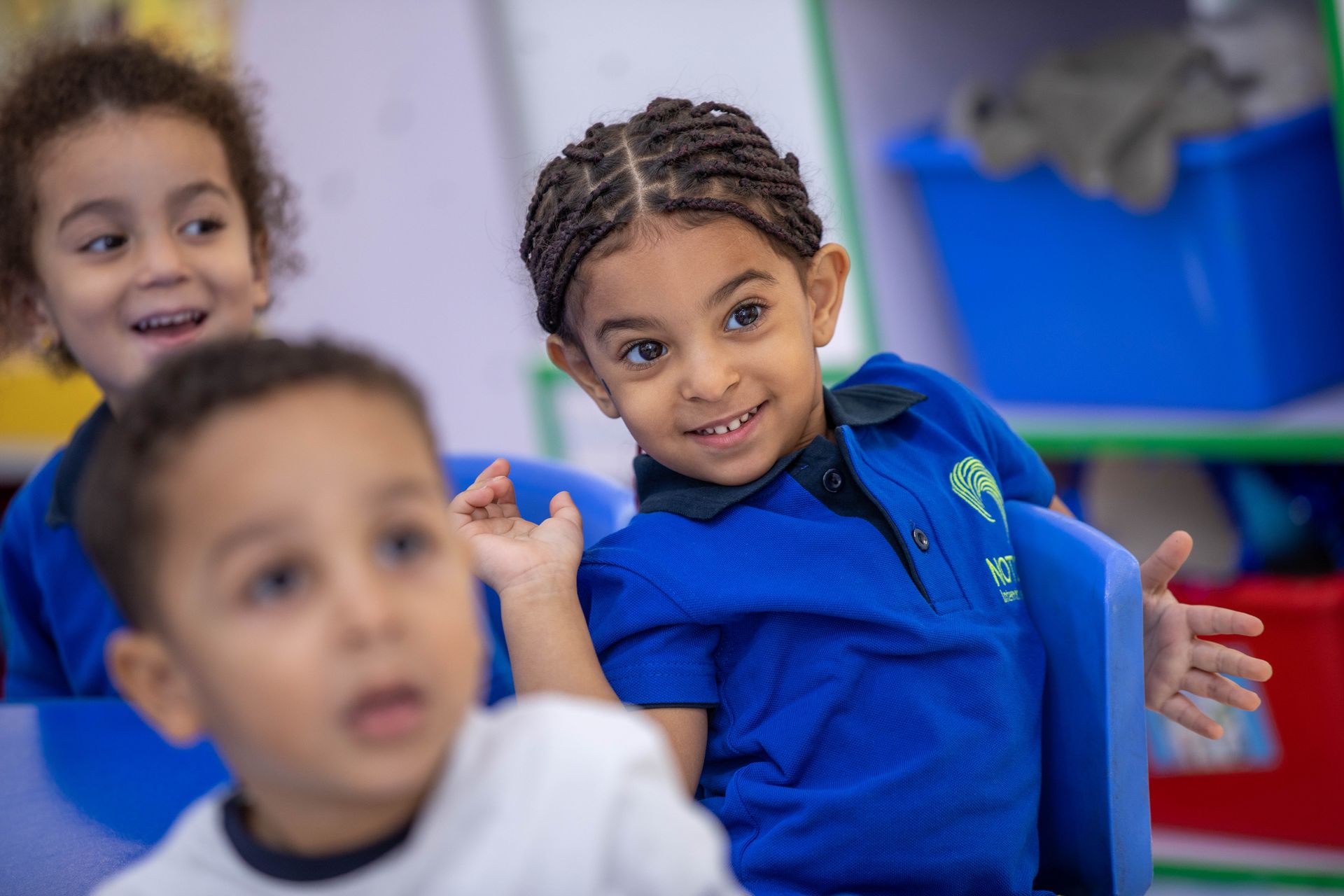Primary Years Programme
The IB Primary Years Programme (PYP) for children aged 3 - 12 nurtures and develops young students as caring, active participants in a lifelong journey of learning.

The PYP offers an inquiry-based, transdisciplinary curriculum framework that builds conceptual understanding. It is a student-centered approach to education for children aged 3-12. It reflects the best of educational research, thought leadership and experience derived from IB World Schools.
The PYP has evolved to become a world leader in future-focused education. The PYP is an example of best educational practice globally, responding to the challenges and opportunities facing young students in our rapidly changing world.

The PYP curriculum framework
The PYP curriculum framework begins with the premise that students are agents of their own learning and partners in the learning process. It prioritizes people and their relationships to build a strong learning community.
PYP students use their initiative to take responsibility and ownership of their learning. By learning through inquiry and reflecting on their own learning, PYP students develop knowledge, conceptual understandings, skills and the attributes of the IB Learner profile to make a difference in their own lives, their communities, and beyond.
The framework emphasizes the central principle of agency, which underpins the three pillars of school life:
- the learner
- learning and teaching
- the learning community.
Embedded in the framework is the recognition of the importance of fostering an individual's self-efficacy. Students with a strong sense of self-efficacy are active in their own learning and take action in their learning community.
Our Head of PYP - Mrs. Sofia Dourasse shares with us she considers as the most valuable aspects of the PYP education:

The PYP curriculum framework begins with the premise that PYP students are agents of their own learning and partners in the learning process.
The PYP curriculum recognizes learners’ innate potential to inquire, question, wonder and theorize about themselves, others, and the world around them.
When learning communities recognize children’s emergent identities and competencies, they create an educational context that values children both for who they were, who they are in the present and who they will become in the future.
In building from prior learning and experiences, PYP learners are uniquely placed to co-create their current learning needs.